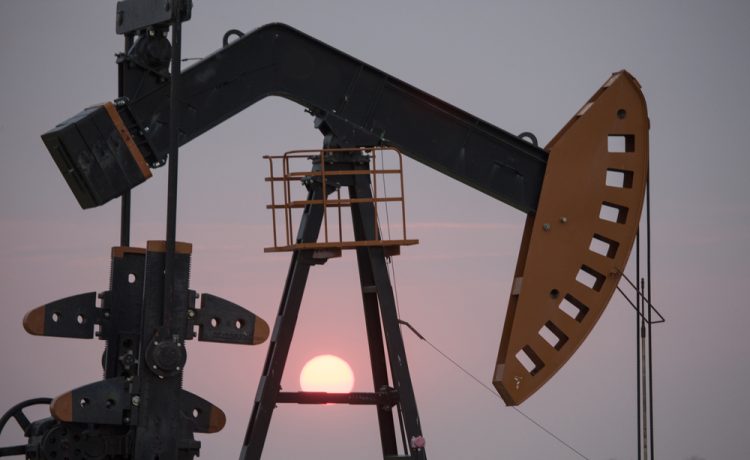Brent futures for July delivery fell 36 cents, or 0.3 per cent, to $111.68 a barrel, while U.S. WTI crude fell 36 cents, or 0.3 per cent, to $111.85
Oil prices were little changed on Friday as worries about weaker economic growth offset expectations that crude demand could rebound in China as Shanghai lifts some coronavirus lockdowns.
Brent futures for July delivery fell 36 cents, or 0.3 per cent, to $111.68 a barrel by 0015 GMT, while U.S. West Texas Intermediate (WTI) crude fell 36 cents, or 0.3 per cent, to $111.85 on its last day as the front-month.
WTI futures for July, which will soon be the front-month, were down about 0.6 per cent to $109.20 a barrel.
That put WTI on track to rise for a fourth week in a row for the first time since mid-February. Brent was up less than 1 per cent after falling less than 1 per cent last week.
Crude gains have been limited this week, with the Brent and U.S. benchmarks mostly trading in a range due to the uncertain path of demand. Investors, worried about rising inflation and more aggressive action from central banks, have been reducing exposure to riskier assets.
If U.S. growth data continues to sour, oil prices could get caught up in the negative stock market feedback loop, SPI Asset Management managing director Stephen Innes said in a client note.
In China, however, oil demand could rebound as Shanghai authorities lifted some coronavirus lockdowns and residents were given the freedom to go out to shop for groceries for the first time in nearly two months. China is the world’s top crude importer.
In the United States, Americans were getting back behind the wheel, despite higher fuel prices, according to a report from the Federal Highway Administration on vehicle miles.
Automobile club AAA said gasoline and diesel prices at the pump hit record highs again on Thursday.
The U.S. House passed a bill that allows the president to issue an energy emergency declaration, making it unlawful for companies to excessively increase gasoline and home fuel prices.
The looming possibility of a European Union ban on Russian oil imports has helped support prices. This month the EU proposed a new package of sanctions against Russia over its invasion of Ukraine, which Moscow calls a ‘special military operation.’
Those sanctions would include a total ban on oil imports in six months’ time, but the measures have not yet been adopted, with Hungary among the most vocal critics of the plan.





